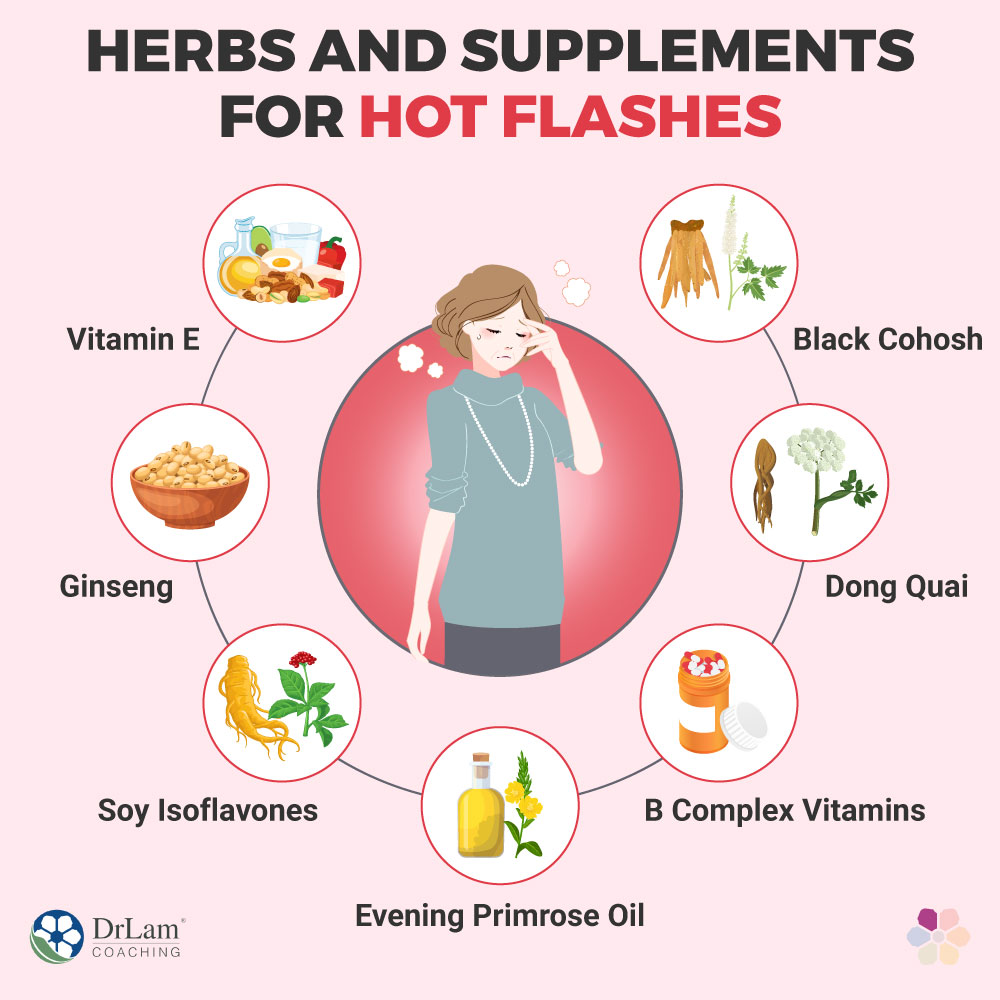When it comes to hot flashes, you’re not alone. They’re a common symptom of menopause, affecting up to 80% of women. But what’s good for hot flashes? From lifestyle changes to medications, there are a range of options available to help you manage these uncomfortable episodes.
In this comprehensive guide, we’ll explore the causes, symptoms, and treatments for hot flashes. We’ll also provide tips on how to manage hot flashes during pregnancy, breastfeeding, and after cancer treatment.
What are Hot Flashes?
Hot flashes, also known as vasomotor symptoms, are a common symptom of menopause. They are characterized by a sudden feeling of intense heat that spreads over the body, often accompanied by sweating, flushing, and a rapid heartbeat.
Hot flashes occur when the blood vessels in the skin dilate, causing blood to rush to the surface of the skin. This can lead to a feeling of heat and sweating. Hot flashes can be triggered by a variety of factors, including hormonal changes, stress, and certain medications.
Physiological Process
Hot flashes are caused by a decrease in estrogen levels, which can lead to changes in the way the body regulates body temperature. Estrogen helps to keep the blood vessels in the skin constricted, which prevents blood from rushing to the surface of the skin and causing a hot flash.
When estrogen levels decline, the blood vessels in the skin can dilate more easily, leading to hot flashes.
Common Triggers
Hot flashes can be triggered by a variety of factors, including:
- Hormonal changes, such as those that occur during menopause
- Stress
- Certain medications, such as antidepressants and hormone replacement therapy
- Spicy foods
- Alcohol
- Caffeine
Effects of Hot Flashes

Hot flashes, also known as vasomotor symptoms, are sudden sensations of intense heat and sweating that can be extremely uncomfortable. They are a common symptom of menopause and can significantly impact a woman’s physical and emotional well-being.
Physically, hot flashes can cause:
- Flushing and redness of the face, neck, and chest
- Intense sweating
- Rapid heart rate
- Chills
- Headaches
- Dizziness
Emotionally, hot flashes can lead to:
- Irritability
- Anxiety
- Mood swings
- Difficulty concentrating
- Sleep disturbances
The frequency and severity of hot flashes can vary widely from woman to woman. Some may experience only a few mild hot flashes each day, while others may have dozens of severe hot flashes that interfere with their daily activities.
Impact on Sleep
Hot flashes can significantly disrupt sleep, making it difficult to fall asleep and stay asleep. This can lead to fatigue, irritability, and difficulty concentrating during the day.
Impact on Mood
Hot flashes can also have a significant impact on mood. The physical discomfort and sleep disturbances associated with hot flashes can lead to feelings of anxiety, irritability, and depression.
Impact on Daily Activities
Hot flashes can interfere with daily activities, making it difficult to concentrate at work, participate in social activities, or exercise. They can also be embarrassing and socially isolating.
Lifestyle Modifications
Incorporating certain lifestyle modifications can provide significant relief from hot flashes. These changes include dietary adjustments, regular exercise, and effective stress management techniques.
Dietary modifications that may help alleviate hot flashes include reducing caffeine and alcohol consumption, limiting spicy foods, and maintaining a balanced diet rich in fruits, vegetables, and whole grains.
Exercise
Engaging in regular physical activity can help regulate body temperature and reduce hot flash frequency and severity. Aim for at least 30 minutes of moderate-intensity exercise most days of the week.
Stress Management
Stress can trigger hot flashes, so finding effective stress management techniques is crucial. Consider activities like yoga, meditation, or deep breathing exercises to reduce stress levels.
Complementary Therapies
Complementary therapies, including herbal remedies, supplements, acupuncture, and massage therapy, may provide additional support in managing hot flashes. It’s crucial to consult with a healthcare professional before using any of these therapies to ensure their safety and compatibility with your health conditions and medications.
Herbal remedies and supplements, such as black cohosh, red clover, and soy isoflavones, have shown promise in reducing hot flash frequency and severity. However, it’s important to note that these remedies may interact with certain medications or have side effects, so it’s essential to consult with a qualified healthcare professional before using them.
Acupuncture
Acupuncture involves the insertion of thin needles into specific points on the body to stimulate energy flow and alleviate symptoms. While some studies suggest that acupuncture may be effective in reducing hot flashes, more research is needed to establish its long-term efficacy and safety.
Massage Therapy
Massage therapy, particularly relaxation massage, can promote relaxation and reduce stress, which may indirectly help alleviate hot flashes. Massage can also improve circulation and reduce muscle tension, providing additional comfort during this transition.
Medications: What’s Good For Hot Flashes

Prescription medications can be effective in reducing the frequency and severity of hot flashes. These medications work by altering hormone levels or blocking the effects of hormones on the body.
The different types of prescription medications used to treat hot flashes include:
Hormone Replacement Therapy (HRT)
HRT involves taking synthetic hormones to replace the hormones that are lost during menopause. HRT can be taken in the form of pills, patches, or injections. It can be effective in reducing hot flashes, but it also carries some risks, such as an increased risk of breast cancer and heart disease.
Selective Serotonin Reuptake Inhibitors (SSRIs)
SSRIs are antidepressants that have been shown to be effective in reducing hot flashes. They work by increasing the levels of serotonin in the brain, which can help to improve mood and reduce anxiety.
Serotonin-Norepinephrine Reuptake Inhibitors (SNRIs)
SNRIs are another type of antidepressant that has been shown to be effective in reducing hot flashes. They work by increasing the levels of serotonin and norepinephrine in the brain.
Clonidine
Clonidine is a blood pressure medication that has been shown to be effective in reducing hot flashes. It works by blocking the effects of norepinephrine on the body.
The choice of which medication to use to treat hot flashes will depend on the individual patient’s symptoms and medical history. It is important to discuss the risks and benefits of each medication with a doctor before starting treatment.
Alternative Treatments
Emerging therapies and non-traditional treatments offer alternative approaches to managing hot flashes. While some may provide promising results, it’s crucial to consider their effectiveness, safety, and potential side effects.
Alternative treatments for hot flashes include acupuncture, hypnosis, yoga, and meditation. These therapies aim to reduce stress, improve relaxation, and regulate the body’s temperature control mechanisms.
Acupuncture
Acupuncture involves inserting thin needles into specific points on the body. It is believed to stimulate the release of endorphins, which have pain-relieving and mood-boosting effects. Some studies suggest that acupuncture may reduce hot flash frequency and severity.
Hypnosis
Hypnosis is a state of focused attention and heightened suggestibility. It can help individuals manage their stress response and reduce the frequency and intensity of hot flashes. Hypnosis has been shown to be effective in combination with other therapies, such as cognitive-behavioral therapy.
Yoga and Meditation, What’s good for hot flashes
Yoga and meditation are mind-body practices that promote relaxation, stress reduction, and self-awareness. Regular practice of these techniques may help individuals manage their hot flashes and improve overall well-being.
Managing Hot Flashes in Specific Populations

Hot flashes can pose unique challenges for women experiencing them during pregnancy, breastfeeding, or after cancer treatment. Tailored management strategies are necessary to address these specific circumstances.
Pregnancy
Pregnancy-related hot flashes occur due to hormonal fluctuations and increased blood volume. Lifestyle modifications, such as staying hydrated, wearing loose clothing, and avoiding triggers, can help manage symptoms. If necessary, hormone replacement therapy (HRT) may be considered after consulting with a healthcare provider.
Breastfeeding
Hot flashes during breastfeeding are often caused by the sudden drop in estrogen levels. Lifestyle modifications and complementary therapies, such as acupuncture and herbal remedies, may provide relief. Medications like antidepressants or anticonvulsants can also be used under medical supervision.
After Cancer Treatment
Cancer treatments, particularly chemotherapy and radiation therapy, can induce hot flashes due to damage to the ovaries or hypothalamus. Hormone replacement therapy (HRT) is often the first-line treatment, but other options include medications like venlafaxine and gabapentin. Non-hormonal therapies, such as cognitive behavioral therapy (CBT) and mindfulness-based stress reduction (MBSR), can also be beneficial.
Outcome Summary
If you’re experiencing hot flashes, there are a number of things you can do to find relief. Lifestyle changes, such as diet and exercise, can be helpful. Complementary therapies, such as acupuncture and massage, may also provide some relief. And if your hot flashes are severe, your doctor may recommend medication.
No matter what treatment you choose, it’s important to remember that you’re not alone. Hot flashes are a common experience, and there are a number of things you can do to manage them.
Answers to Common Questions
What causes hot flashes?
Hot flashes are caused by a sudden drop in estrogen levels. Estrogen is a hormone that helps to regulate body temperature. When estrogen levels drop, the body’s thermostat becomes less effective at regulating temperature, which can lead to hot flashes.
What are the symptoms of hot flashes?
Hot flashes can cause a number of symptoms, including:
- A sudden feeling of heat in the face, neck, and chest
- Sweating
- Chills
- Flushing
- Rapid heart rate
- Anxiety
- Insomnia
What are the treatments for hot flashes?
There are a number of treatments available for hot flashes, including:
- Lifestyle changes, such as diet and exercise
- Complementary therapies, such as acupuncture and massage
- Medications, such as hormone therapy and antidepressants